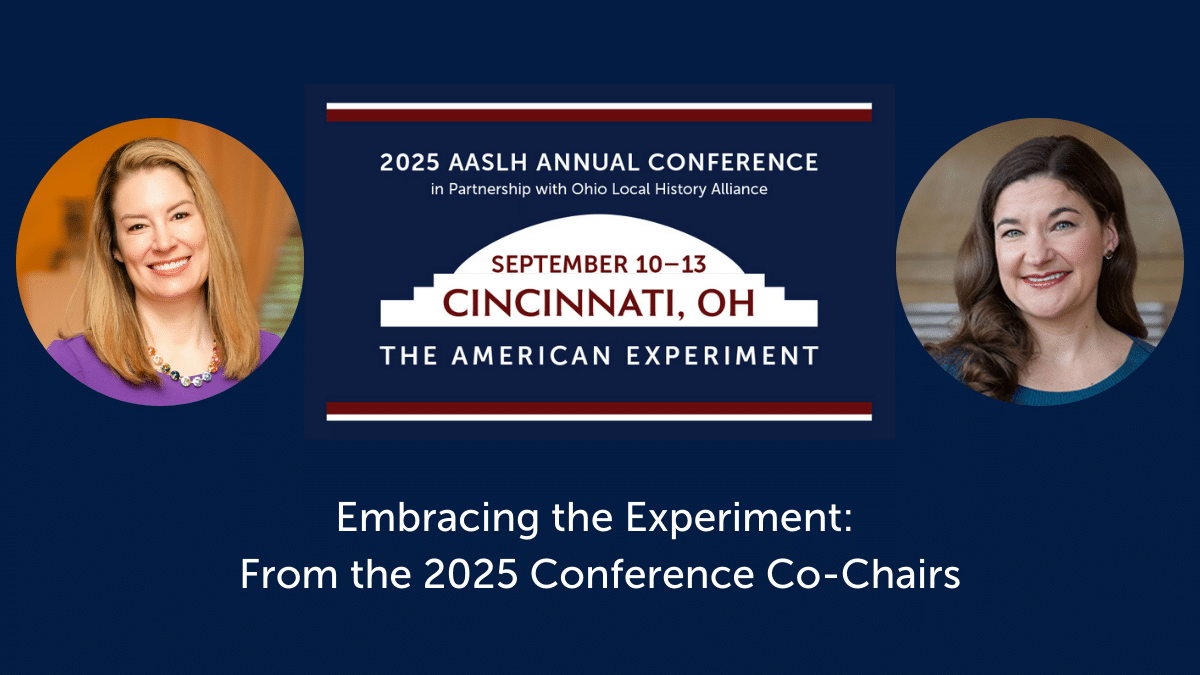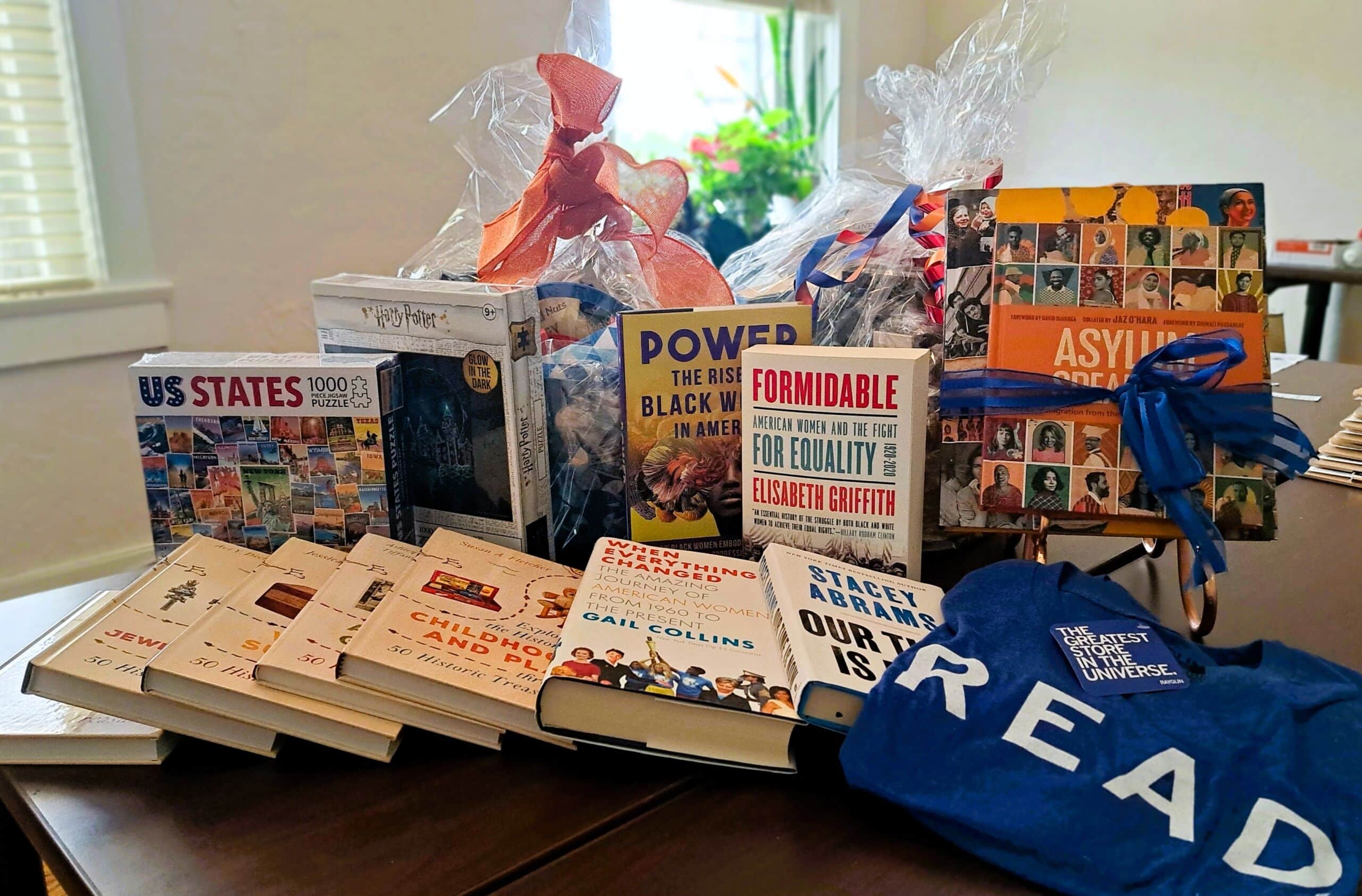 Having laid the groundwork, the History Relevance Campaign (HRC) is ready to take a big step forward and needs your help. The HRC started a little more than two years ago, with early conversations taking place at AASLH’s annual meeting in Birmingham and continuing at last year’s annual meeting in St. Paul. Since then, organizers have been talking with many people in the history field in the US and refining a “Value of History” statement. Many AALSH members have contributed to the HRC efforts thus far.
Having laid the groundwork, the History Relevance Campaign (HRC) is ready to take a big step forward and needs your help. The HRC started a little more than two years ago, with early conversations taking place at AASLH’s annual meeting in Birmingham and continuing at last year’s annual meeting in St. Paul. Since then, organizers have been talking with many people in the history field in the US and refining a “Value of History” statement. Many AALSH members have contributed to the HRC efforts thus far.
Several weeks ago the HRC unveiled a new website, historyrelevance.com. The website offers information on the variety of projects underway to raise the profile of history in our society. As we’ve said all along, this is not a new conversation, but unless we create a unified voice, shout more loudly, and demonstrate our relevance, history will continue to stay nice but not necessary. We want people to value history for its connections to modern life and to use historical thinking skills to actively engage with and address contemporary issues.
We invite people to become involved in any or all of these ways:
- Endorse “The Value of History: Seven Ways it is Essential” — HRC’s Value of History statement is a message that can be used by history practitioners around the U.S. as a basis for discussing seven essential ways that history is valuable to society. With a unified message, our voice gets stronger. HRC is asking history organizations of all shapes and sizes to discuss this with their staff and boards and to first endorse the message. Then, take the value statement and adapt it to your needs and integrate its messages into your programs, activities, and conversations with elected officials, funders and other stakeholders. Please consider joining the many organizations that have already endorsed it, then ask other groups or institutions to sign on as well.
- Join the LinkedIn group — Join the History Relevance Campaign LinkedIn group and contribute to the conversation by adding articles and comments about where you’ve seen history’s relevance demonstrated in an effective way.
- Widen the conversation — Either start or continue talking about the idea of “history relevance” on your various social media channels. Educate business leaders and initiate conversations throughout your community based on the “Value of History” statement. Propose sessions about history relevance at the conferences you attend.
- Help with the Impact Project — One major project of the HRC is the Impact Project. This effort seeks to help history organizations learn from each other and offer best practices for making an impact in our communities. We have begun a first round of interviews about outstanding projects in the field and plan to expand this effort in the future. We seek people to help with this initiative as well as suggestions of projects that are demonstrating history relevance in the community.
- Contribute to a task force — The HRC is in the process of forming task forces to accomplish the work ahead. Besides the Impact Project, these include: development of an online toolkit, coordination and promotion of sessions relating to history relevance at conferences, development of communication strategies for engaging various audiences with the message, and the promotion of the “Value of History” statement at the state governor level. Look for more information about this on the website and/or send an email to the HRC expressing your area of interest.
If you believe that history is crucial to the well-being of individuals, communities, and the future of our nation, stay in touch with the History Relevance Campaign and offer your ideas and suggestions for expanding the conversation. This movement is only as strong as the passion of the people behind it.
Tim Grove is Chief of Museum Learning, Smithsonian National Air and Space Museum and member of the HRC steering committee.



